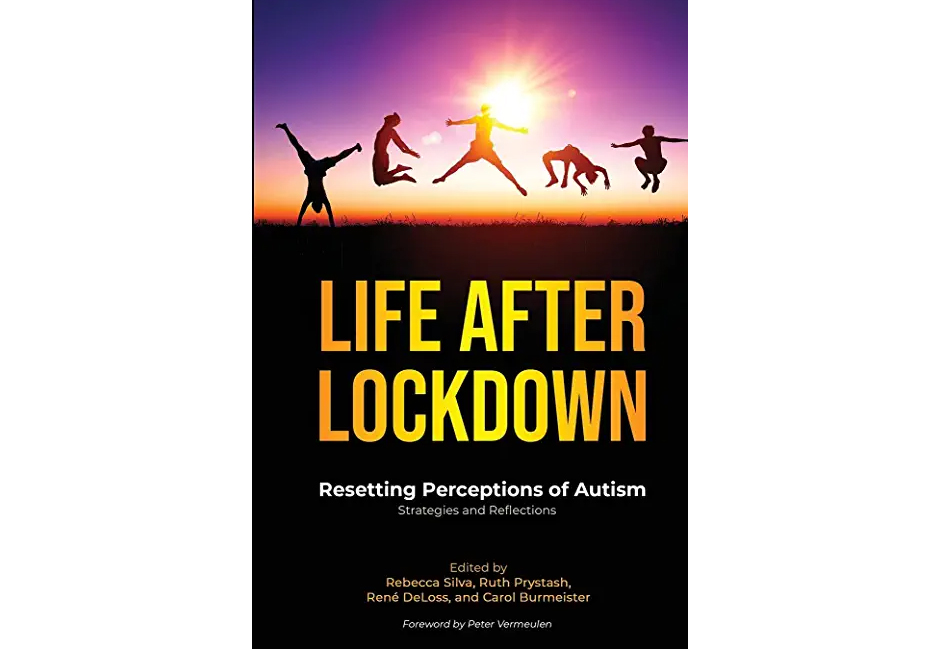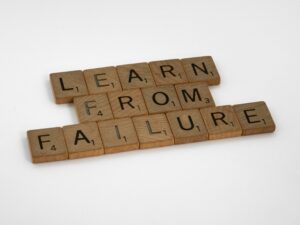This series of three blogs are from a chapter in the book Life After Lockdown edited by Rebecca Silva, Ruth Prytash, Rene De Loss and Carol Burmeister, published in 2021, by AAPC in the United States https://www.amazon.com/dp/1956110038
The past year has marked us as one of the only generations to experience a global pandemic. The pandemic kept people at home, something that suited many autistic individuals. But it also limited the opportunities for social and emotional growth for autistic teens and young adults, and one of the obvious outlets became computer games. These games were already intensely important to many autistic youths, but now they became more so, as there was little else to occupy their minds and their time. Computer games can be beneficial, but they can also be addictive. This is a story that needs to be told because nobody else is talking about it.
COVID’s impact on the autistic teen or young adult
Many individuals have begun displaying an increase in routines and rituals, heightened sensory sensitivity, and more engagement with special interests. These are all ways of coping with anxiety. People have been cooped up together for the past year, which can be difficult for a person with autism who craves solitude. There may even be anxiety about what will happen when we begin to have more face-to-face contact and are forced to endure crowds again.
There is a misconception that people with autism lack empathy. The opposite is actually true: autistic individuals are often acutely aware of other people’s mental states. The news speaks of a killer virus and the rising numbers of dead; children worry about their family members’ health. There has been more free time at home this year for the anxiety to percolate and one way to alleviate that anxiety is the computer game.
Computer gaming—a perfect fit for autism
There are several factors that make computer games extremely popular with people on the spectrum. Gaming provides a sense of achievement and identity. It allows you to show your capabilities independent of autism. The main issues of autism are social-conversational, but in gaming you have no real socialization and you have no conversation, so you have basically bypassed autism. Gaming is a natural talent because it suits the autistic cognition. However, it also involves considerable practice. A person can become a master of a skill that requires great ability but also practice. It is the same for a child with computer games. They are talented at computer games, and are motivated to practice. If you want to measure the intelligence of an autistic child, watch them play computer games. The game bypasses their autism, they are highly motivated, and you can see how quickly and effectively their brain works.
If you are not good socially and you are not good at sports, your intellect is very important to you, and you want to prove how smart you are. You want to demonstrate your intelligence and you want other people to appreciate that intelligence. With gaming you have a sense of achievement that is truly gratifying, especially as it is valuable to your peer group.
Autistic teens are searching for identity. Who am I? Why am I here? What is the meaning of life? Where do I fit in? I know I’m supposed to be like everyone else, but I’m not. I want a sense of identity and self-worth that is defined by something that is valued by my peers. The computer game does that. It gives a sense of identity to someone who is searching. The computer game becomes a way of fitting in. It becomes your identity when you have few ways to define that identity. And autism can make a person very lonely. Without social skills, it is sometimes hard to fit in to most same-age groups. Bullying and being excluded can leave autistic teens feeling isolated, while gaming provides a connection with fellow gamers who actually seek you out, rather than shun you.
Computer games give you immediate feedback. As many as 75% of those with ASD also display characteristics of ADD and ADHD. Computer gaming suits those characteristics, as it is based on immediate feedback on one’s performance without any waiting, which autistic people often dislike. Unlike school, where you may be waiting on feedback from a teacher, the game provides immediate feedback.
People are excited to see you online and that kind of genuine, deep welcome is intoxicating to someone with autism. Someone in your peer group actually wants to know you, and is pleased that you are there. Rather than the students who sometimes bully and tease and reject and humiliate, these gamers want to know you and are proud to be your friend. They give you compliments and admiration. But more than that, with your gaming skills, you also become a teacher to some, a mentor to others. You advise them. You are wise. You are talented. You are someone special.
In e-sports, a subgroup of gaming, there are leagues with teams and supporters; logos and colors; managers and favorite players. Players are bought and sold. There are e-sport competitions held in convention centers with thousands of people watching gamers. And in this world, you, the autistic individual, are the person the team wants to recruit. You are a hero in that world. Finally, you have a social network where you shine.




